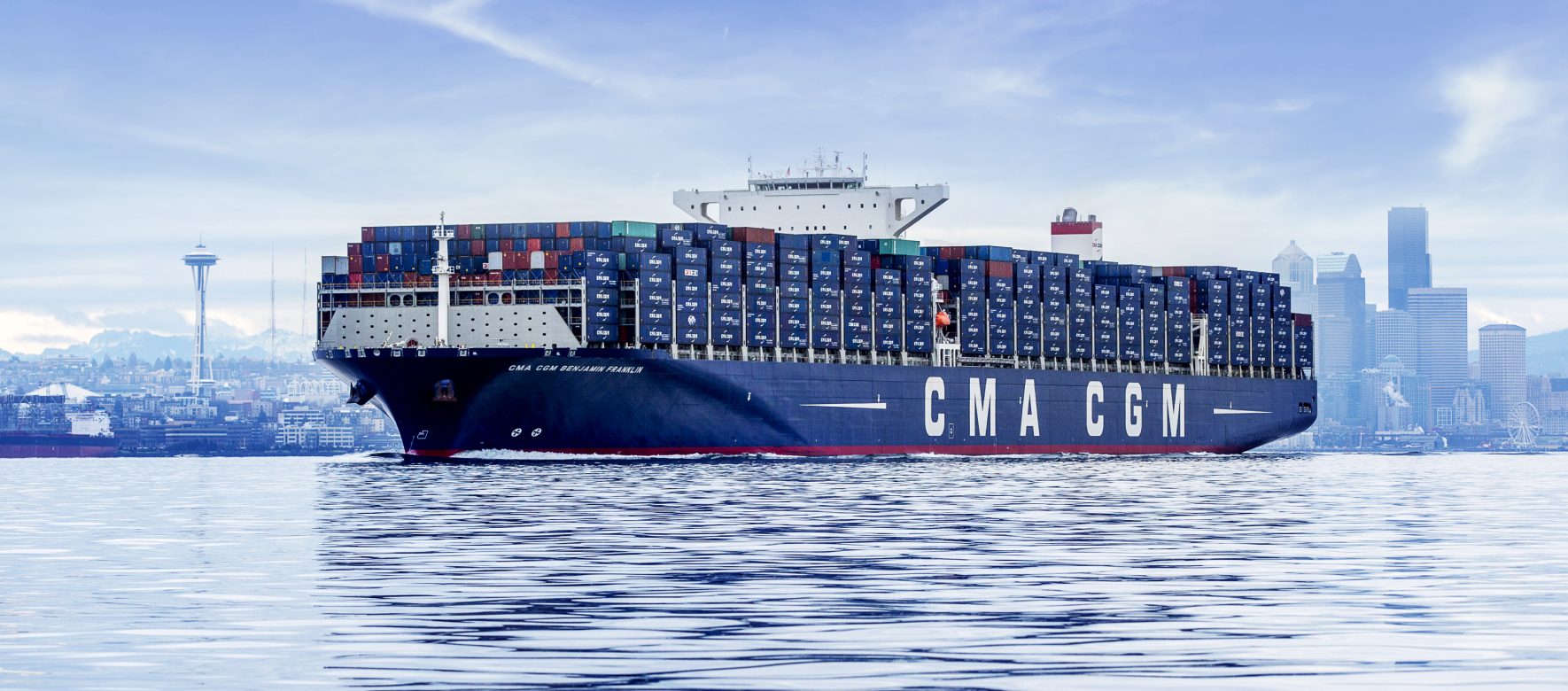Shipwreck in sight for European shippers, importers, exporters. Since the second half of 2020, they have suffered a continuous, reckless increase in the price of maritime transport and a deterioration in transit-times. The worldwide reduction in ship capacity and the lack of availability of containers concentrated on the Asia-United States axis have collateral effects on trade in the Mediterranean. Some importers even give up ordering products for lack of containers and ships to transport them …
Never seen. Maritime transport, completely deregulated in 2020, increasingly threatens the logistics chain and could lead to inflation in the months to come. “The cost of transporting a dry container has dropped from $ 1,800 to $ 8,000, with shipowners focusing on the most profitable lines. In 2020, the market to and from Asia is completely deregulated to the point of threatening our supply channels.
European companies postpone their reservations on ships. The abrupt resumption of trade on the transpacific at the end of containment in 2020 has absorbed the capacity of the containers ”, analyzes Camille Contamine, delegate for maritime affairs at TLF. American ports are crumbling under freight and suffering from congestion when the Asia-Europe or Asia-Mediterranean axis is struggling.
Between the record rise in prices, the wait to find available boxes (three weeks for a refrigerated container), shippers, freight forwarders and logisticians are panicking and even throwing in the towel. “Customers no longer want to import” French manager of the Turkish transit company LAM and president of the Marseille-Fos freight forwarders union, Stéphane Salvetat warns of the risk of impact on the European economy: “Bankers call me, they are surprised that customers do not want no longer import. The prices have been multiplied by six and we are forced to sell at a loss at the risk of losing the markets.
When supply circuits are disrupted, the disruption moves to other geographical areas, particularly in the Mediterranean basin. In Turkey, trucks are scarce ”. More and more shippers consider themselves the hostages of shipping companies In a single year, they have reduced their vessel capacity by 40% to comply with the reduction of sulfur emissions into the atmosphere and are surfing on a price per barrel historically low. As a result, shipowners realize historic margins when customers are caught by the throat.
“The United States has priority over service Europe. We are forced to accept these extravagant increases without saying a word, without consultation. These supernatural increases in freight will have repercussions on prices and generate inflation on the French and European markets. When transport represents 80% of the price of the goods, the system is overheating. I have to take out a $ 300,000 freight surcharge by March. Maybe let’s stop shopping. Shippers stop importing certain products because they can no longer bear these financial charges, “warns Jean-Yves Baeteman.
This French manufacturer and importer of lighting has seen its transport bill jump from € 1.5 million to € 15 million to ship 1,500 containers from China to Fos-sur-Mer. Shippers’ associations have alerted the European Commission to the consequences of this lack of market supervision.
“The United States has a regulatory system (US Shipping Act, FMC) offering shippers the possibility of seizing these bodies which initiate investigations. China, for its part, called for additional capacity and the obligation to declare tariffs. Korea and Australia also have regulatory systems, “underlines Camille Contamine, who denounces the lack of an investigation system in Europe.










